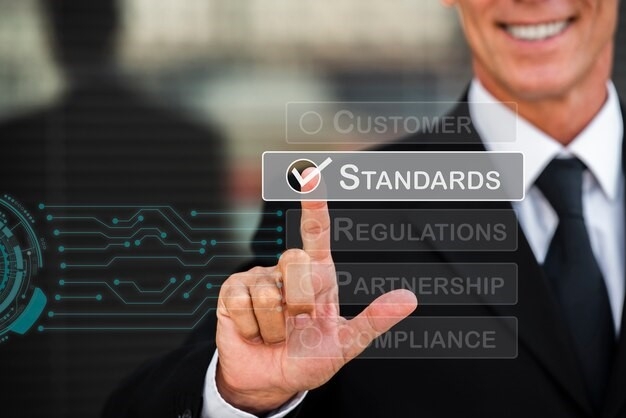Introduction: What is RoHS Certification?
Restriction of Hazardous Substances (RoHS) certification is a compliance standard that restricts the use of specific hazardous materials found in electrical and electronic products. Originating from the European Union, RoHS aims to reduce environmental and health risks associated with electronic waste. This certification is especially relevant for manufacturers, distributors, and retailers dealing with electrical or electronic equipment, as it ensures their products are free from harmful substances like lead, mercury, cadmium, and certain flame retardants. RoHS certification not only supports environmental protection but also enhances global trade compliance and consumer trust.
Restricted Substances: Controlling Toxic Components
RoHS certification limits the use of ten hazardous substances commonly used in electronics. These include heavy metals like lead and mercury, as well as harmful flame retardants such as PBDE and PBB. Even small traces of these substances can pose serious environmental and health risks when electronics are improperly disposed of or recycled. RoHS compliance ensures that manufacturers replace these materials with safer alternatives, thus contributing to a cleaner and more sustainable production process.
Product Testing and Technical Documentation: Ensuring Accurate Compliance
To obtain RoHS certification, companies must conduct thorough product testing and compile technical documentation that demonstrates compliance. This includes detailed records of materials, components, and production processes. Third-party testing laboratories often verify that restricted substances do not exceed permissible limits. Proper documentation also ensures traceability and accountability, which are critical for maintaining compliance during audits or customs inspections.
Global Market Access: Meeting International Standards
RoHS certification is increasingly recognized beyond the EU, with many countries adopting similar regulations. By complying with RoHS, companies gain access to major global markets and avoid legal penalties or product recalls. In an era where environmental responsibility influences purchasing decisions, RoHS certification gives brands a competitive edge and aligns with the growing demand for safer, greener technology.
Eco-Friendly Innovation: Encouraging Sustainable Design
RoHS compliance encourages manufacturers to innovate and explore alternative materials that are less harmful to the environment. This drives the development of eco-friendly product designs, energy-efficient components, and improved recycling processes. Such innovation supports circular economy goals and reduces the overall impact of electronics on the planet.
Conclusion: RoHS Certification as a Commitment to Clean Technology
RoHS certification is more than a regulatory requirement—it represents a proactive approach to reducing environmental harm and protecting public health. By controlling hazardous substances, ensuring proper testing, and promoting sustainable innovation, RoHS helps shape a safer, greener future in the electronics industry. It’s a clear signal of a company’s dedication to responsible manufacturing and global environmental standards.


